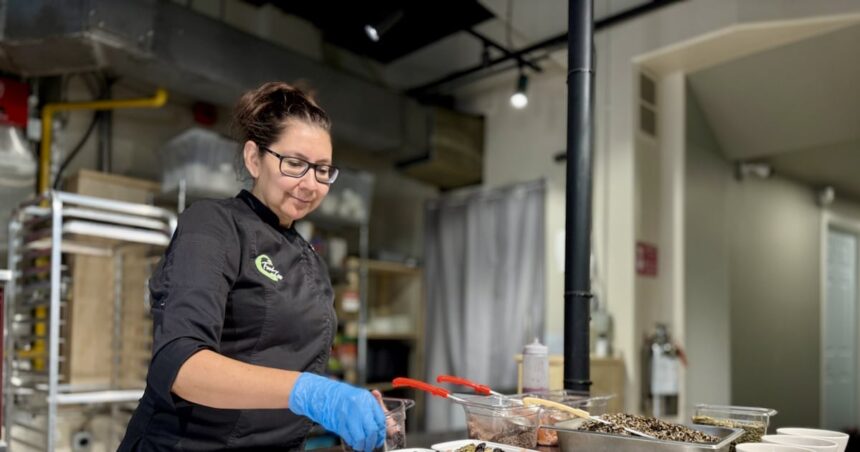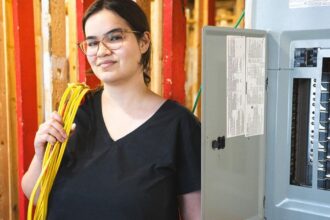In the heart of Cambridge, Ontario, a unique culinary venture is transforming how people experience Indigenous food culture. Manomin Restorative Food Company, founded by chef Paul Waindubence and entrepreneur Charlie Dobisky, offers far more than just delicious meals—it provides a gateway into Indigenous philosophies and traditions that have sustained communities for generations.
“Food is our connection to the land, to our ancestors, and to each other,” explains Waindubence, who draws from his Anishinaabe heritage to create dishes that tell stories of resilience and harmony. “When people taste our food, they’re experiencing thousands of years of wisdom and relationship with the natural world.”
The company, whose name “Manomin” refers to wild rice in Anishinaabemowin, operates through catering services, educational workshops, and special events across Waterloo Region. Their approach centers on what they call “restorative food experiences”—culinary journeys that nourish both body and spirit while teaching participants about Indigenous perspectives on sustainability and community.
During a recent gathering, attendees sampled traditional dishes featuring ingredients like wild rice, game meat, and foraged plants while learning about the seven grandfather teachings—wisdom, love, respect, bravery, honesty, humility, and truth. These core Anishinaabe values are woven throughout the dining experience, creating moments of reflection between bites.
“We’ve seen remarkable transformations in people who engage with our food and teachings,” says Dobisky. “Many arrive with misconceptions about Indigenous cultures and leave with a deeper appreciation for the sophisticated knowledge systems that have existed on this land for millennia.”
The venture has struck a chord in Cambridge and beyond, with corporate clients, educational institutions, and community organizations increasingly seeking out these immersive experiences. Local schools have particularly embraced the program, recognizing its value in supporting reconciliation efforts and enhancing cultural understanding among students.
What distinguishes Manomin from other culinary businesses is its holistic approach to food sovereignty—the right of peoples to define their own food systems. Each meal serves as a platform for discussing pressing issues facing Indigenous communities, from land rights to environmental protection, all through the accessible language of shared food.
“Breaking bread together creates space for difficult conversations,” notes Waindubence. “When people understand that Indigenous food systems were designed to sustain both the land and future generations, it challenges them to reconsider their own relationship with food and consumption.”
The company sources ingredients from Indigenous suppliers whenever possible, supporting broader economic development within these communities. They also incorporate seasonal foraging practices, demonstrating how traditional ecological knowledge remains relevant in addressing contemporary challenges like food security and climate change.
As interest in Indigenous cuisine grows nationally, ventures like Manomin represent important cultural ambassadors that bridge understanding between Indigenous and non-Indigenous Canadians. Their work extends beyond gastronomy to touch on education, reconciliation, and environmental stewardship.
In a society increasingly disconnected from food sources, could these ancestral approaches to nourishment offer solutions to our most pressing environmental and social challenges?
To learn more about Indigenous food systems or to book an experience with Manomin Restorative Food Company, visit their website or contact them directly through CO24 Canada News.










